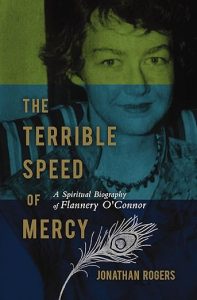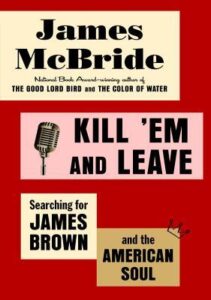 Takeaway: The meaning of the word evangelical is complicated. The groups it refers to are still present, even if reform is necessary.
Takeaway: The meaning of the word evangelical is complicated. The groups it refers to are still present, even if reform is necessary.
I am ambivalent about the word Evangelical. Theologically I am a bit on the edge of the term, depending on how it is defined. Sociologically, I am a bit further away from the term if it is used to describe a political grouping (Religious, politically conservative Whites.) Historically, I grew up in an Evangelical section of a mainline denomination while participating with solidly evangelical youth groups of friends before heading to Wheaton College and going to seminary at a decidedly non-Evangelical institution (University of Chicago Divinity School). I currently am a member of an evangelical non-denominational mega-church. So I have some historical background and theological bias, but politically I am a Democrat and incredibly frustrated with the political definition of Evangelical, especially around racial issues.
I initially wasn’t going to read Still Evangelical. But I appreciate Karen Swallow Prior even if I sometimes disagree with her. Despite my reluctance, I picked up a review copy and expected to be mostly frustrated. It is not that I wasn’t occasionally frustrated. But I also really appreciated the choice of authors and the directness of the discussion about the weaknesses of the Evangelical movement, especially locally within the United States. It is a rare collaborative book like this that is actually well put together and balanced. Still Evangelical really is balanced. It has very pointed and direct criticism but also much love for and hope for the church as a whole and the Evangelical church in particular.
The subtitle is “˜Insiders Reconsider Political, Social, and Theological Meaning’ (of the word Evangelical.) And these are insiders. Not every name is a household name. But all of them have paid their dues and are solid Evangelicals by history, institution, and love of the church.
It is a rare book published in the Evangelical world with as many chapters by minorities and women as by White males. The authors’ diversity matters in how I feel about the book. After the introductory chapter by Mark Labberton, President of Fuller Seminary and the book’s editor, only one of the first five chapters was by a white male, although three of the five last chapters are by white men. (Two additional names are listed in the Amazon description that are not in my pre-release edition.)


 Takeaway: Can we really know someone who does not want to be known?
Takeaway: Can we really know someone who does not want to be known? Summary: An ambassador, Genly Ai, attempts to bring the planet Winter, into Ekumen (an intergalactic United Nations).
Summary: An ambassador, Genly Ai, attempts to bring the planet Winter, into Ekumen (an intergalactic United Nations). 


